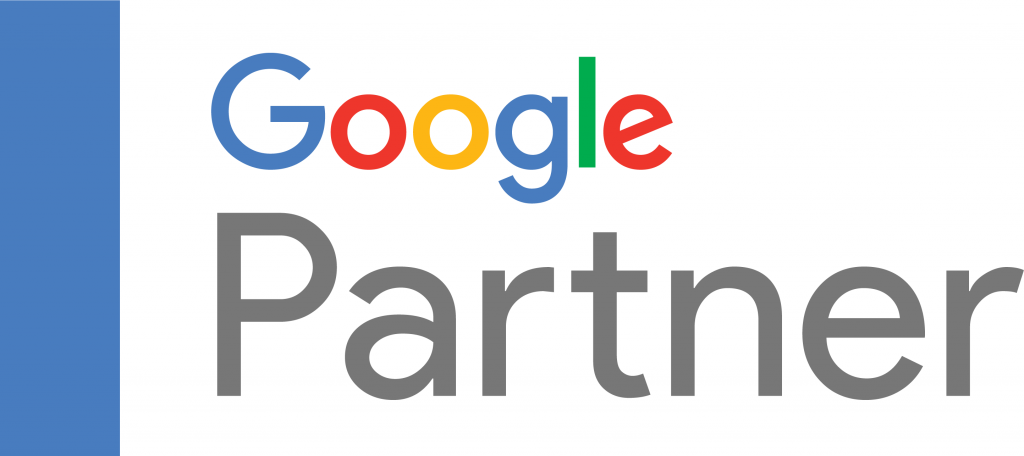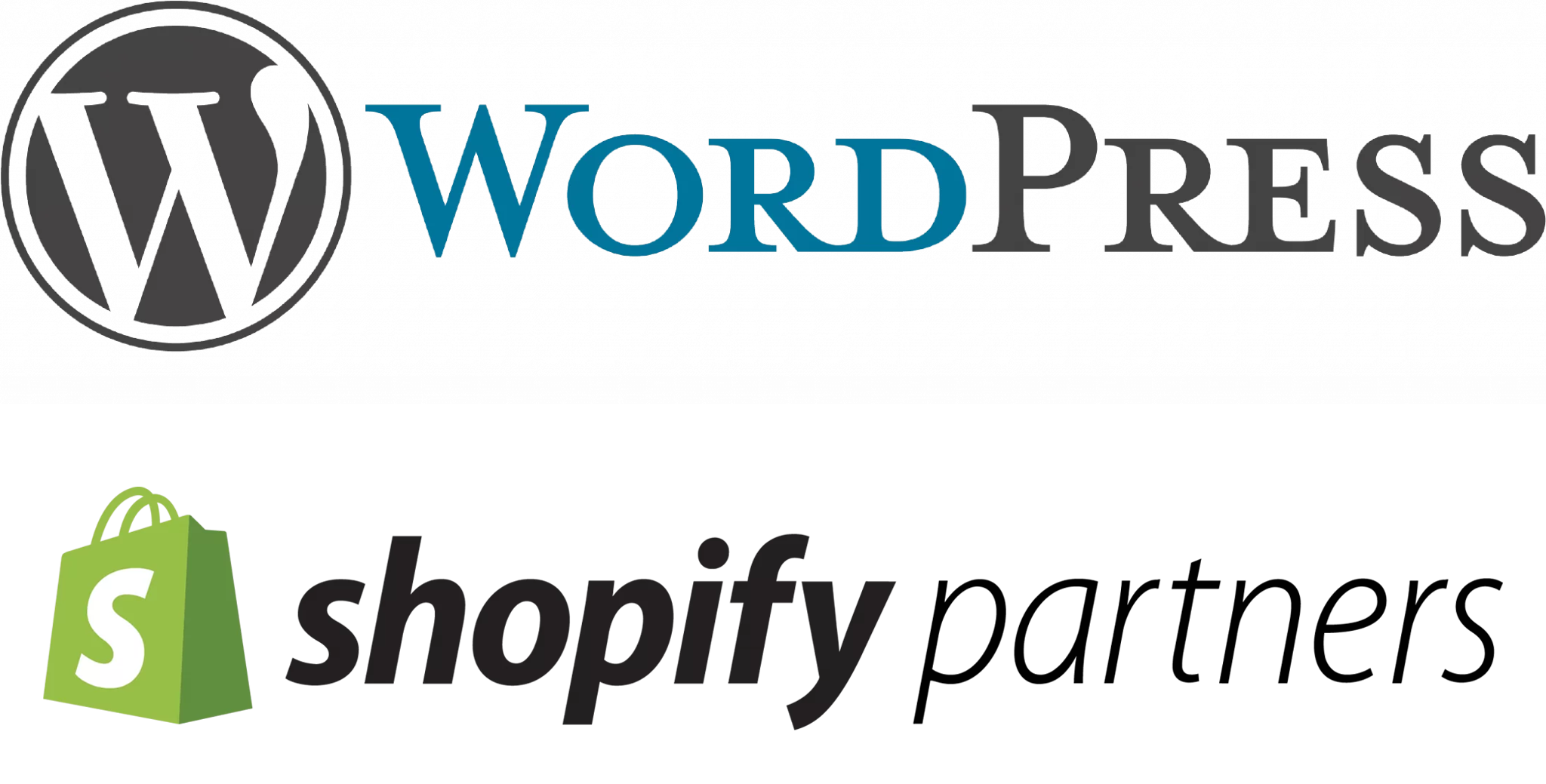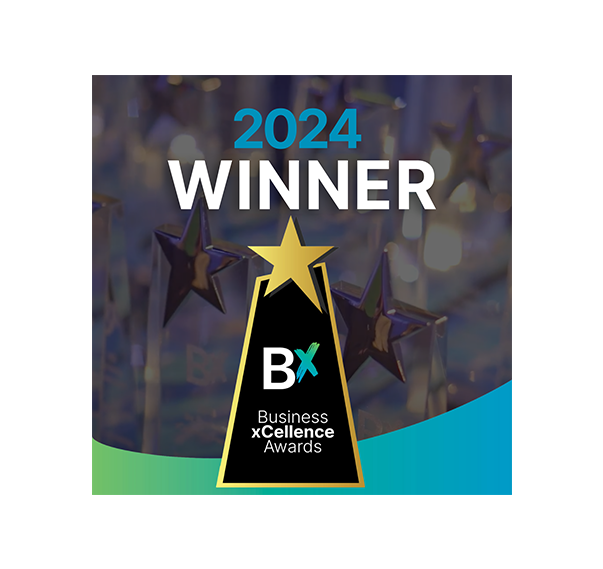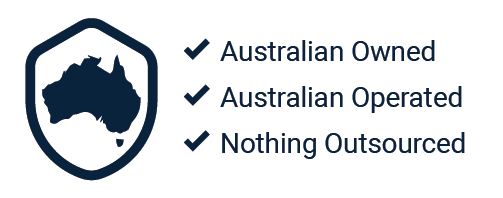If you’ve ever wondered about the difference between social listening and social monitoring, we’re here to fill you in. They may sound similar, but in terms of execution and strategic purpose, they’re quite different. Understanding these distinctions can significantly enhance your social media strategy and ensure you’re making the most out of your online presence.
While social listening is more high-level and proactive, social monitoring tends to be more reactive and on a smaller scale. Both social listening and monitoring require specific tools and skills to be done well. Both provide valuable data for businesses, enabling them to understand what their customers are saying about them in real-time.
What is Social Media Monitoring?
Social media monitoring is the process of tracking social mentions, which can be specific keywords, phrases, or hashtags. These mentions can be about a company, individual, product, or brand. Social monitoring requires using specialised tools to gather qualitative and quantitative data. This data can then inform marketing strategies and improve customer engagement and brand reputation.
Why Does Social Media Monitoring Matter?
Social media monitoring allows businesses to stay on top of what is being said about their brand, competitors, and industry. If you have customers, they have opinions about your products and services—and it’s up to you to be aware of what they’re saying.
The most powerful feature of social monitoring tools is filters. Filters enable you to remove all non-relevant posts from your target accounts. That way, you’ll only see the comments and posts that are interesting to you, ensuring you don’t miss any important comments about your products, positive or negative.

Below are some real-life examples of how social media monitoring can benefit your brand or small business:
Improved Customer Service
All brands using social media should check their social mentions regularly. Social mentions (whenever your brand name is used on social media) can include questions, complaints, feedback, and more. Real-time monitoring allows businesses to provide timely responses and support. Setting up social monitoring streams with your brand name as a keyword, including hashtags, tags, and handles, captures all the ways a customer may mention a brand, both direct and indirect.
Community Building
Monitoring your social mentions is a great way to engage with your audience and build relationships with your community. It can help you find posts or comments worth re-sharing to your channels as a response post. Or you can take note of commonly asked questions and turn those into a series of FAQ posts to share on your Stories.
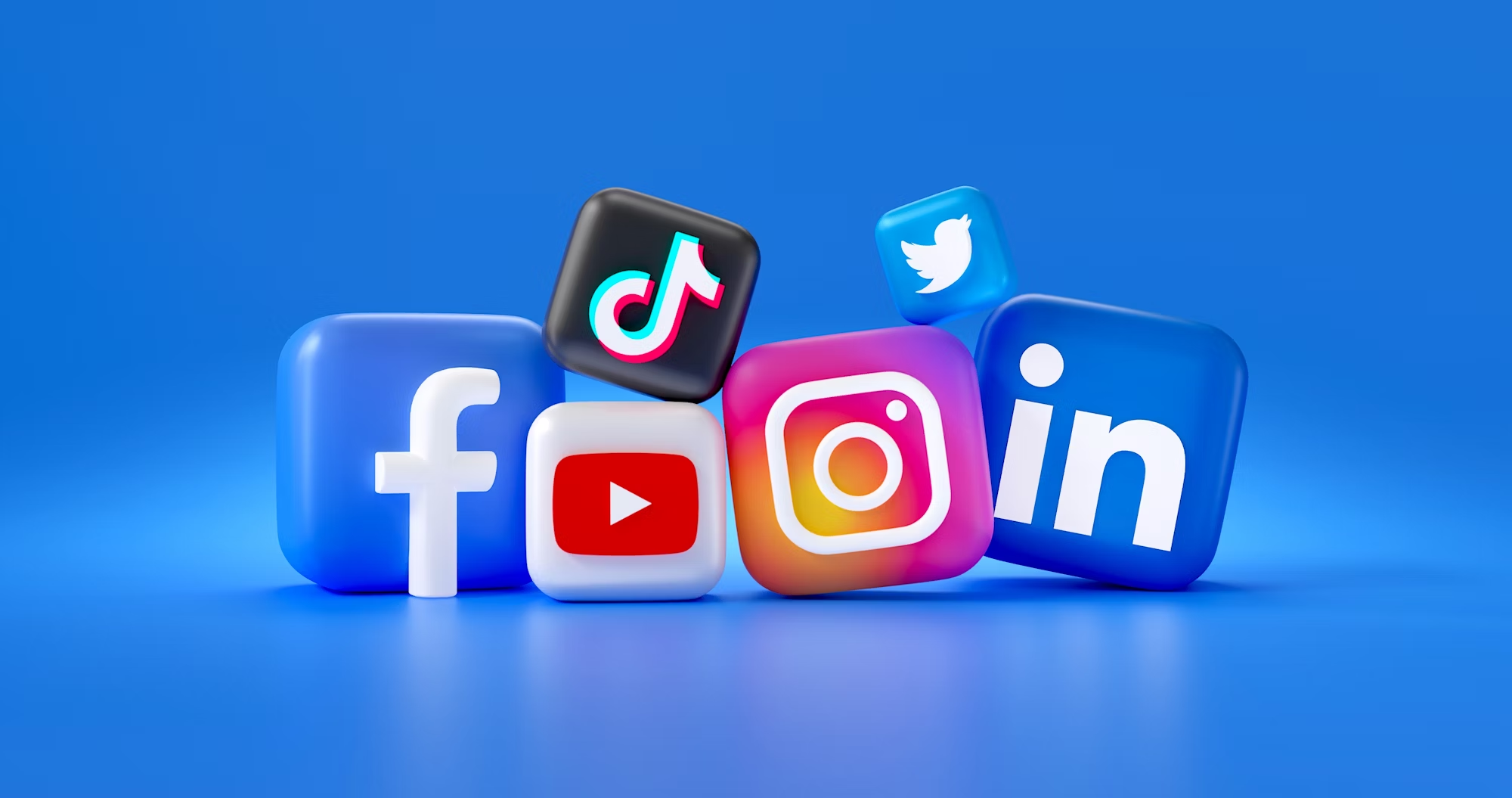
Real-Time Marketing
Brands can use social media monitoring to spot opportunities to join conversations and create real-time marketing content. By getting to know your niche’s main thought leaders and influencers, and creating monitoring streams with these accounts, you can stay on top of conversations happening in your industry. You can also watch emerging social media trends and jump into relevant conversations.
What is Social Listening?
Social listening involves tracking and analysing all conversations on social media channels that are relevant to your business. While social media monitoring tracks mentions and interactions, social listening goes further. It aims to understand the context, emotions, and meanings behind the conversations.
Through social listening, you can determine:
- Social Share of Voice: Explore the percentage of relevant conversations about your brand versus your competitors.
- Brand Sentiment: Discover how your customers feel about your brand, from positive to negative.
- Social ROI: Find out how much return you’re getting from your social media efforts.
- Trends: Uncover the topics, memes, or events being talked about within your niche.
Most importantly, businesses can use insights from social listening to make data-driven decisions instead of guessing what will resonate with their audience.
Why Does Social Listening Matter?
Social listening helps businesses stay in touch with their customers, competitors, and industry. It can help mitigate customer crises, protect brand reputation, and understand brand sentiment. Additionally, it provides insights into your customers’ needs.
For instance, Booking.com receives a large volume of mentions every day, from customer support issues to brand engagement. Social listening enables them to monitor conversations and drill down into burning topics. They recently started listening on TikTok, learning much about how people speak more truthfully about brands in user-generated videos.
How to Use Social Listening to Benefit Your Business
Brand Reputation Management
One of the main uses for social listening is monitoring what people say about your brand. Social listening tools can find common words and topics and measure positive and negative sentiments about your business, allowing you to promptly address any negative feedback or issues.
Market Research
Businesses can use social listening to analyse social media discussions and gather insights into customers’ preferences, opinions, and needs. You can get quantitative insights based on the frequency and volume of keywords and topics, as well as qualitative insights on sentiment and top keywords.
Crisis Management
Social listening is a powerful tool for crisis management. You can use social listening tools to set alerts for negative keywords alongside your brand and product names, helping you identify and address potential crises before they escalate.
Identifying Influencers
One creative way to use social listening is to identify creators or influencers who could be a good fit to partner with your brand. By monitoring relevant hashtags and keywords for your products or industry, you can identify individuals within those streams with established audiences and explore potential collaborations.
Understanding the difference between social listening and social monitoring is essential for leveraging these tools effectively in your social media strategy. Both provide valuable insights that can improve customer engagement, brand reputation, and overall marketing efforts. Whether you’re tracking real-time mentions or diving deep into the sentiments behind them, these practices are indispensable in today’s digital landscape. Ready to start tracking your social media mentions? For more information, don’t forget to read our blog or contact us for a consultation.





